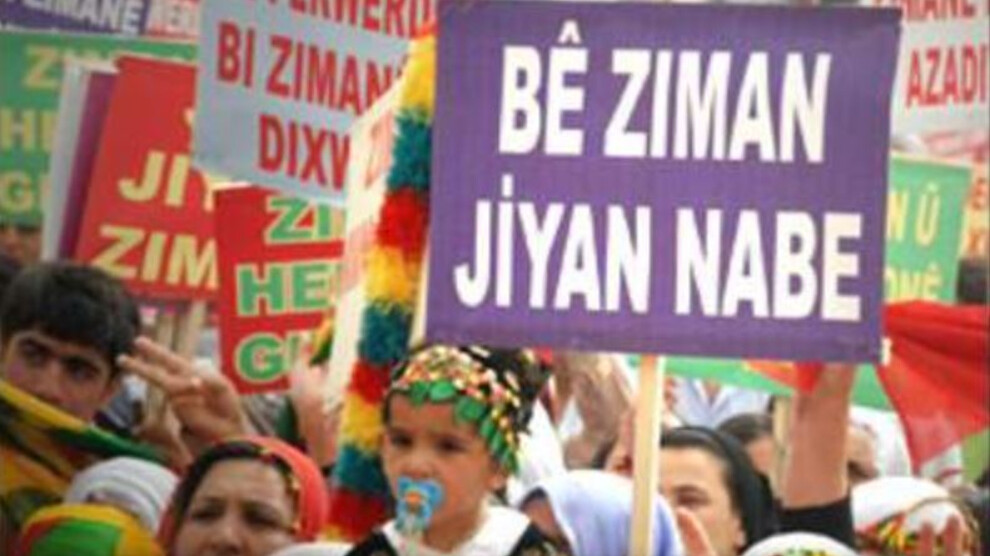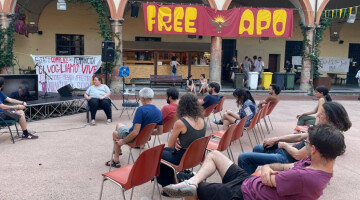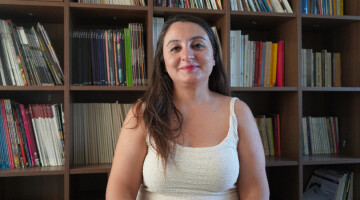Kurdistan au Femenine published an interview with Reha Ruhavioğlu, director of the Center for Kurdish Studies. He stressed the importance of this trend in light of current restrictions on the Kurdish language in public spaces. "While no Kurdish words are tolerated on the street and Kurdish street signs such as ‘Peşi Peya [pedestrians first]’ are being removed, interest in Kurdish continues to grow," he said.
Full Capacity
For the first time, all 26 places in the Kurdish Language and Literature program at Dicle University in Diyarbakır, which was established in 2012 but admitted students for the first time this year, were filled. Similarly, the Kurdish Language and Literature program at Artuklu University in Mardin, which almost reached full capacity in 2022 and 2023, offered 36 places this year, all of which were taken.
Additional programs in Zazaki, a Kurdish dialect, at Bingöl University and Munzur University, as well as Kurdish Language and Literature programs at other universities, also reported full enrolment, with a total of 196 students securing places in these programs.
A response to pressures
Ruhavioğlu attributed this renewed interest to increasing pressures on the Kurdish language, suggesting that these restrictions may have pushed more people to actively choose to study Kurdish as a form of resistance. "I think these pressures are reflected in the choices people make," he added.
He also stressed that many students are not only motivated by career prospects, such as becoming a teacher, but by the desire to preserve and promote the Kurdish language. "Kurds do not abandon the existing mechanisms to protect their language. Many consider learning Kurdish as a duty to their mother tongue," Ruhavioğlu explained.
The Future of Kurdish Language Teaching
Ruhavioğlu highlighted the correlation between the popularity of Kurdish language programs in universities and the selection of Kurdish as an optional subject in primary and secondary education. Although the number of students choosing Kurdish optional subjects has increased from 20,000 to 25,000 in recent years, the overall percentage remains low. He suggested that if these courses were more widely supported or if the government made a concerted effort to promote them, the graduates’ chances of securing teaching positions would increase.
"The main lesson of this trend is that Kurds are not giving up their mother tongue. However, given that millions of students take the exam, 200 students is not a large number. This figure will only increase as Kurds persist in their efforts to preserve their language," he said.
Call for stronger language policies
Ruhavioğlu concluded by urging Kurdish communities and political actors to develop stronger language policies, especially given the challenges families face in maintaining the use of Kurdish at home. He stressed the need for more initiatives to promote the use of Kurdish in daily life and to increase the number of optional courses in Kurdish.
"Kurdish political actors must create policies that address the problems of the use of Kurdish in the country and encourage wider use of the language," he said.















